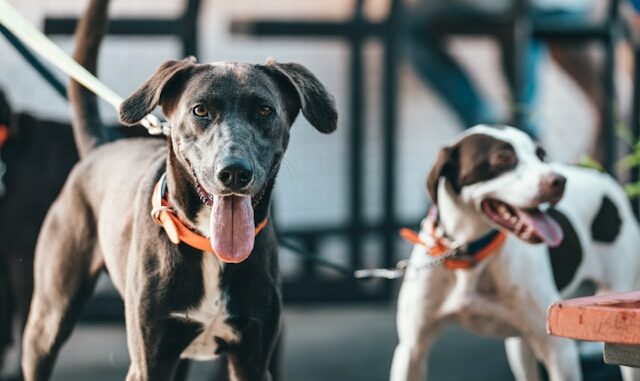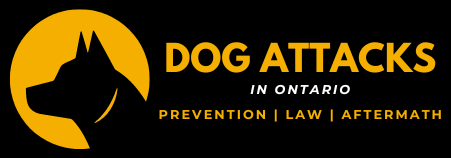
Discovering that your beloved pet has been deemed dangerous can be a distressing and confusing experience for any dog owner. In Ontario, where public safety is paramount, the consequences of such a designation can range from financial penalties to more severe measures like dog confiscation or euthanasia. This article delves into what happens if your dog is considered dangerous under Ontario’s legal framework and the potential repercussions that may follow.
Legal Implications
Under Ontario’s Dog Owners’ Liability Act (DOLA), a dog may be designated as dangerous if it has exhibited aggressive behavior or caused harm to a person or domestic animal. Once a dog is classified as dangerous, specific legal consequences may ensue, including:
- Fines: Dog owners may face fines or penalties for violations related to dangerous dog designations, such as failure to comply with imposed restrictions or conditions.
- Restrictions: Authorities may impose various restrictions on the dog and its owner to mitigate potential risks, including leash and muzzle requirements, as discussed previously.
- Liability: Owners of dangerous dogs may be held liable for any future incidents involving their pets, including injuries or damages caused to individuals or property.
Risk of Confiscation
In severe cases where a dangerous dog poses an imminent threat to public safety or has a history of serious aggression, authorities may opt to confiscate the dog. Confiscation typically involves removing the dog from its owner’s care and placing it in a designated facility, such as an animal shelter or rescue organization.
Confiscation may occur if:
- The dog has caused significant harm or injury to a person or domestic animal.
- The owner has failed to comply with imposed restrictions or conditions despite warnings or penalties.
- The dog is deemed to pose an ongoing risk to public safety that cannot be adequately managed by the owner.
Euthanasia as a Last Resort
In rare and extreme cases where a dangerous dog presents an unmanageable risk to public safety and rehabilitation is deemed unfeasible, euthanasia may be considered as a last resort. This decision is typically made by animal control authorities or judicial bodies after careful evaluation of the dog’s behavior, history, and potential for rehabilitation.
Euthanasia may be considered if:
- The dog has inflicted severe or fatal injuries on a person or domestic animal.
- The dog exhibits unrestrained aggression or unpredictability that cannot be safely managed or rehabilitated.
- The safety of the public cannot be ensured through alternative measures, such as confinement or rehoming.
Legal Recourse and Appeals
Dog owners have the right to appeal dangerous dog designations and the associated penalties or consequences. Appeals processes typically involve submitting evidence and arguments to contest the designation or seek modifications to imposed restrictions.
Appeals may be pursued if:
- There are factual inaccuracies or errors in the determination of the dog’s behavior or actions.
- The imposed penalties or consequences are deemed disproportionate or unjustified given the circumstances.
- There is evidence to support the dog’s rehabilitation or the owner’s ability to safely manage the dog under modified conditions.
Conclusion
Discovering that your dog has been designated as dangerous can be a challenging and emotional experience. Understanding the potential consequences, from fines and restrictions to confiscation or euthanasia, is essential for navigating the legal process and advocating for the best interests of both your pet and public safety.
By adhering to imposed restrictions, seeking professional guidance, and exploring legal recourse when necessary, dog owners can mitigate risks and work towards ensuring the safety and well-being of their pets and the broader community in Ontario.
